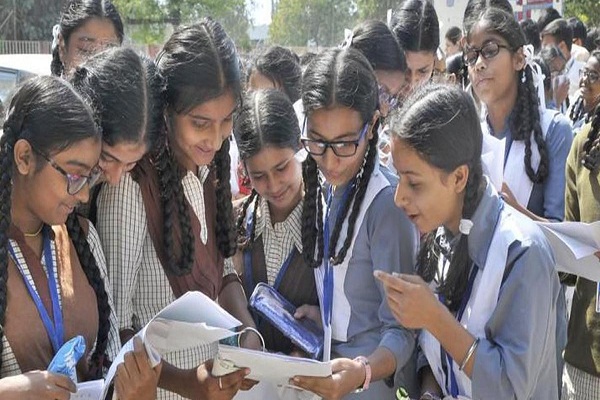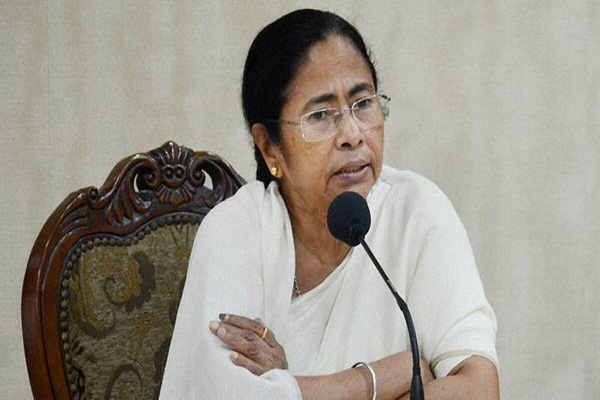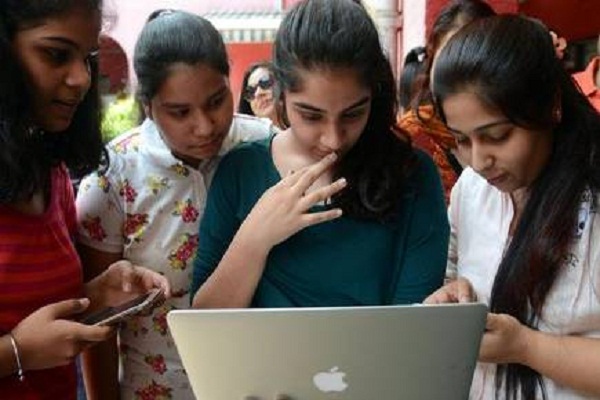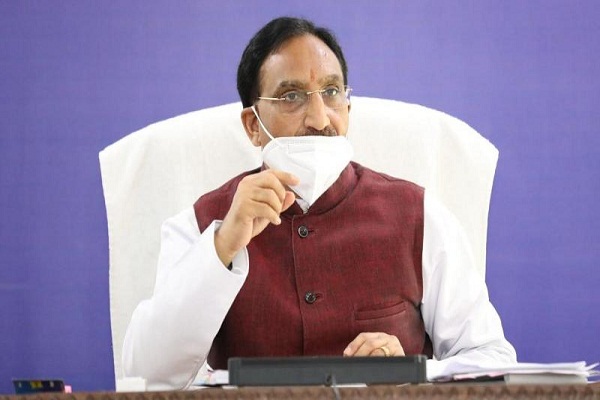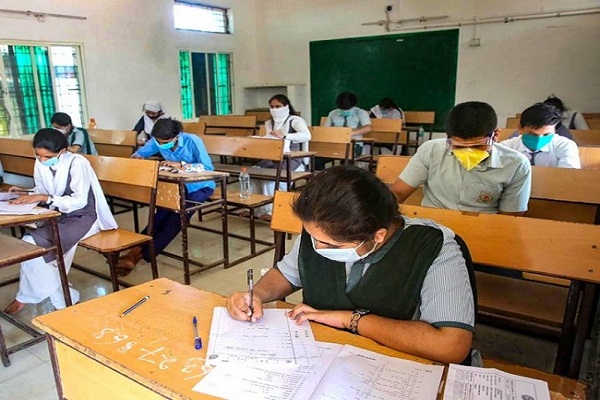Delhi Chief Minister Arvind Kejriwal has lauded the performance of state government school students who have cleared NEET, JEE exams 2020.
This year a total of 569 students of Delhi government schools have qualified in the National Eligibility-cum-Entrance Test and 443 students have cleared the Joint Entrance Examination (JEE), with 53 of them being eligible for a direct admission to IITs, revealed the CM.
He said the money will not be a problem for the successful students in getting higher education as the Delhi government has arranged for scholarships and loans of up to Rs 10 lakh for them.
Also read: NTA NEET UG Result 2020 Declared; check details
Of the 569 students who have qualified in the NEET examination, 379 are girls. Kejriwal further said that there are 37 students who have secured ranks in the top 10,000 (category ranks) in the NEET. Twenty-nine students from a Delhi government school in Moladband, 24 from a Yamuna Vihar school, and 23 from a Noor Nagar school have qualified in the NEET. Along with this, 48 Delhi government school students have scored over 520 marks out of 720 in the NEET, with Tamanna Goel bagging the 11th rank.
In the JEE, 2 students of RPVV, Paschim Vihar have qualified for the IITs. Ayush Bansal, whose father works at a bookshop, has bagged the 189th rank in the JEE, the chief minister said to PTI. IIT Bombay has offered an aerospace engineering course to Nikhil, who got the 678th rank. Nikhil’s father repairs the cycle. Garvit Batra bagged the 1,228th rank and his father is an airconditioner mechanic, Kejriwal said.
Many students from Delhi government schools have qualified NEET-JEE 2020 with flying colours. Delhi’s education revolution is leading from the front.
Press Conference | LIVE https://t.co/NuZajjfEGH
— Arvind Kejriwal (@ArvindKejriwal) October 20, 2020








